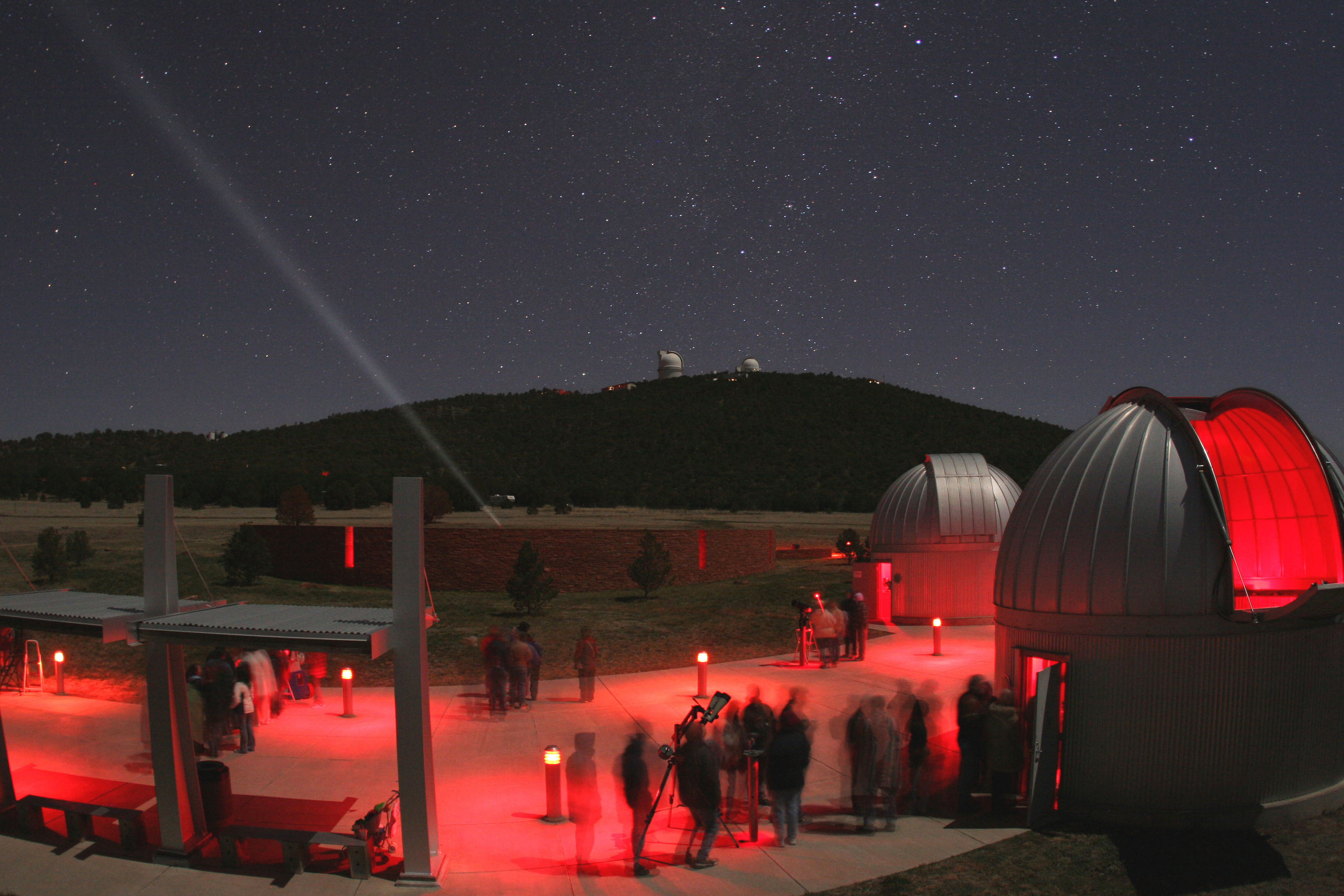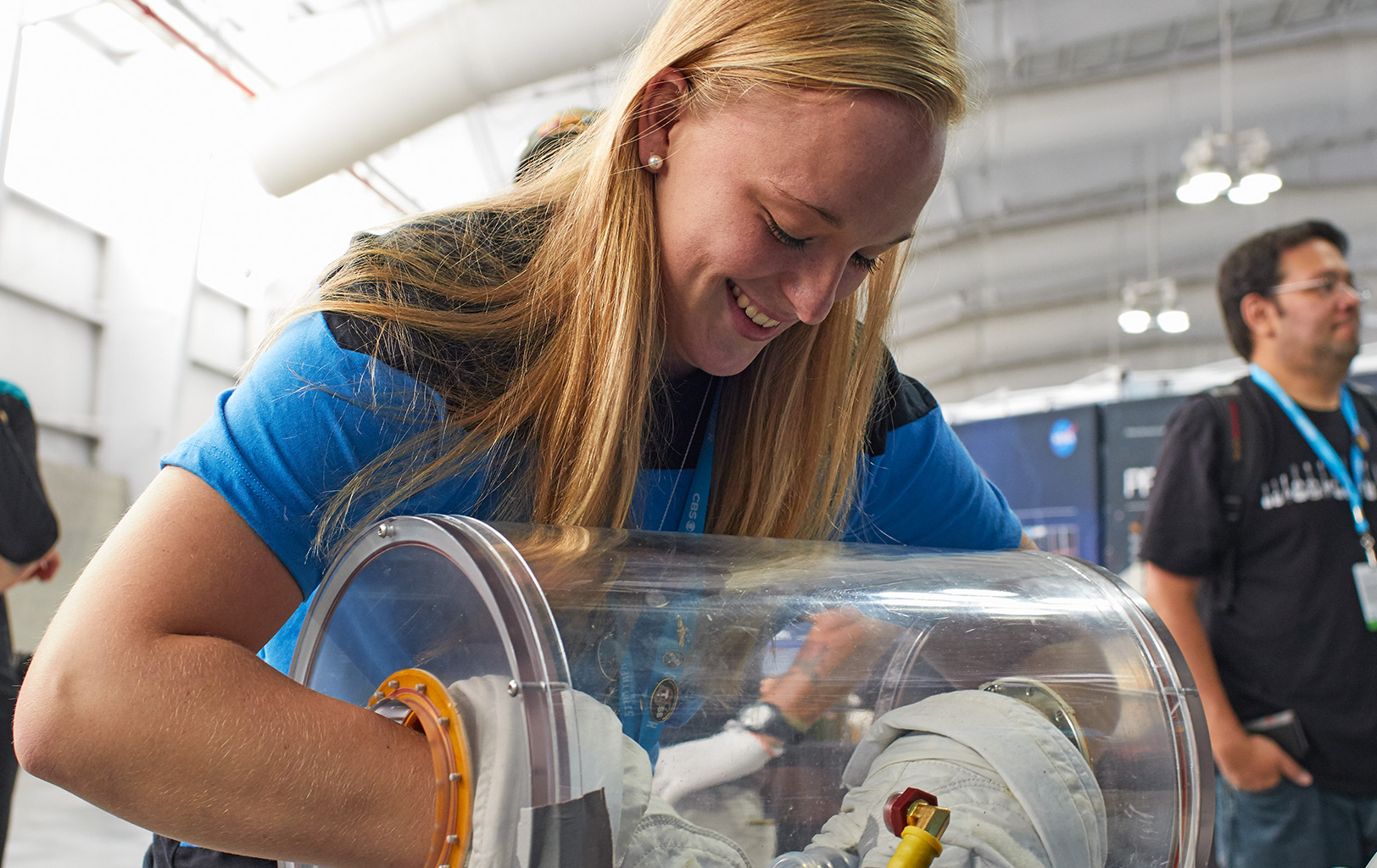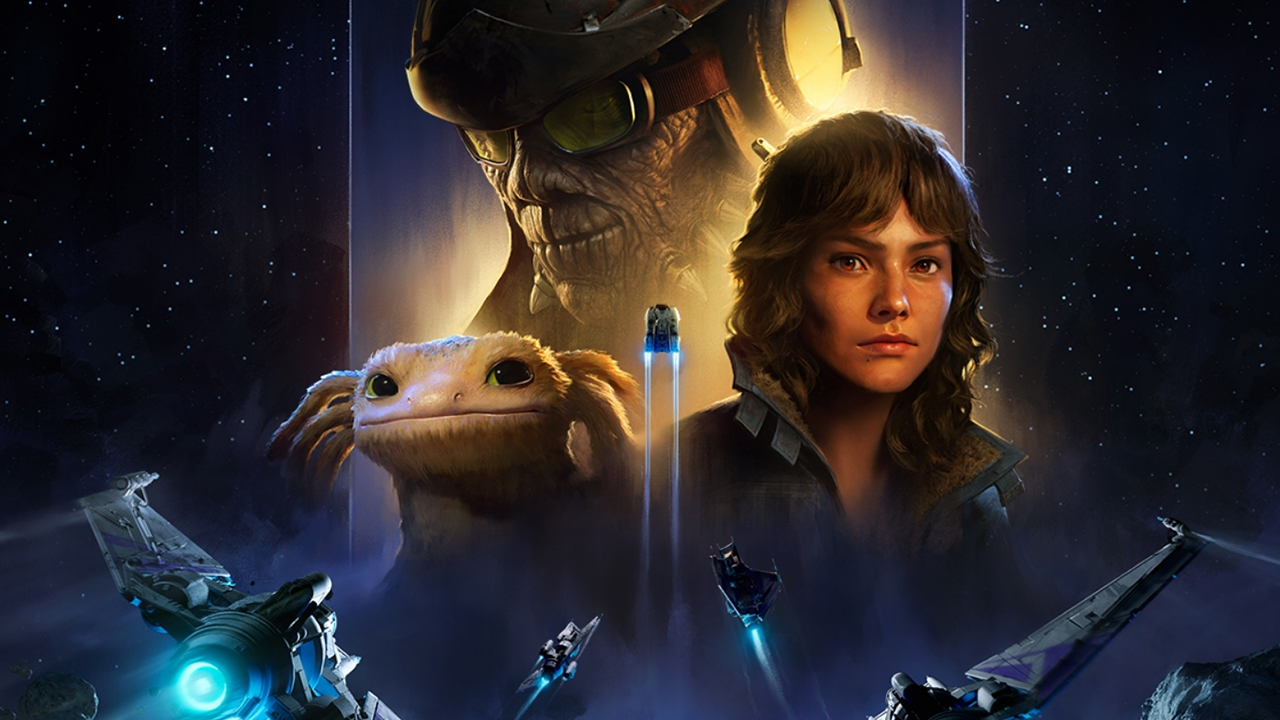US National Park Rangers Look to the Stars with Skywatching Training Program

The U.S. National Park Service (NPS) has partnered with the McDonald Observatoryto create training programs for park rangers and improve skywatching events.
The observatory, which is run by the University of Texas at Austin, will offer two workshops for national park rangers. One of the workshops will be offered in the spring at McDonald Observatory, while the second will be offered on-site at a U.S. national park, according to a statement from the observatory.
"We are extremely pleased to join forces with the McDonald Observatory to bring this training to NPS park and regional office staff," Ray Sauvajot, NPS associate director of natural resource stewardship and science, said in the statement. "The observatory's experience with hands-on training combined with the expertise of our Natural Sounds and Night Skies Division will provide new opportunities for career development, capacity building for the field, and leveraging our efforts toward enhancing visitor experience and the preservation of our national park night skies." [U.S. National Parks from Space: Amazing Nature Photos]
The McDonald Observatory is an internationally known leader in astronomy education and outreach, according to the statement. The observatory is home to some of the world's largest telescopes, including the Hobby-Eberly Telescope, and is also a founding partner of the Giant Magellan Telescope, which is under construction in Chile.
Each year, the McDonald Observatory also hosts public star parties featuring views of a wide range of objects in the night sky. The observatory helps skywatchers view the spectacular celestial events using ground-based telescopes, as well as through naked-eye tours of the constellations; McDonald also provides daily programs for visitors to safely view the sun, according to the statement.
For the new outreach and ranger program, the observatory and NPS will work together to develop fun activities for daytime and nighttime visitors to the national parks and create a curriculum for the park service rangers. The project resembles another partnership established between the McDonald Observatory and the Texas Parks and Wildlife Department, according to the statement.
"This is a really fantastic partnership," Marc Wetzel, senior outreach program coordinator of the McDonald Observatory, said in the statement. "The National Park Service shares similar goals for interpreting the night skies for visitors as we do."
Get the Space.com Newsletter
Breaking space news, the latest updates on rocket launches, skywatching events and more!

In fact, to preserve natural night-skywatching opportunities, the NPS has worked with the International Dark-Sky Association to designate several U.S. national parks as International Dark Sky Parks. This designation can be given to legally protected parks that are accessible to the public and that offer spectacular starry night views. [Stargazing This Summer? Try a National or State Park]
"Dark skies are one of the parks' natural resources, in addition to water, mountains and wildlife," Wetzel said in the statement.
For the Aug. 21, 2017, total solar eclipse, the NPS partnered with Bill Nye the Science Guy and The Planetary Society to create a special Eclipse Explorer booklet and Totality Junior Ranger badge. The educational activity booklet featured Bill Nye and provided kid-friendly resources about the total solar eclipse. After participating in the eclipse and completing the activity booklet, kids were sworn in as new junior rangers.
The NPS also offers a number of other Junior Ranger programs for kids and the public to complete when visiting a U.S. national park. To earn the Night Explorer badge, for example, kids write their own creative mythology about the constellations, learn how to find the North Star, track the phases of the moon, and learn about stars and galaxies. The Night Explorer program also encourages kids to use all of their senses to explore the nighttime environment at a national park. You can learn more about the Junior Ranger Night Explorer program online.
Follow Samantha Mathewson @Sam_Ashley13. Follow us @Spacedotcom, Facebook and Google+. Original article on Space.com.
Join our Space Forums to keep talking space on the latest missions, night sky and more! And if you have a news tip, correction or comment, let us know at: community@space.com.

Samantha Mathewson joined Space.com as an intern in the summer of 2016. She received a B.A. in Journalism and Environmental Science at the University of New Haven, in Connecticut. Previously, her work has been published in Nature World News. When not writing or reading about science, Samantha enjoys traveling to new places and taking photos! You can follow her on Twitter @Sam_Ashley13.









